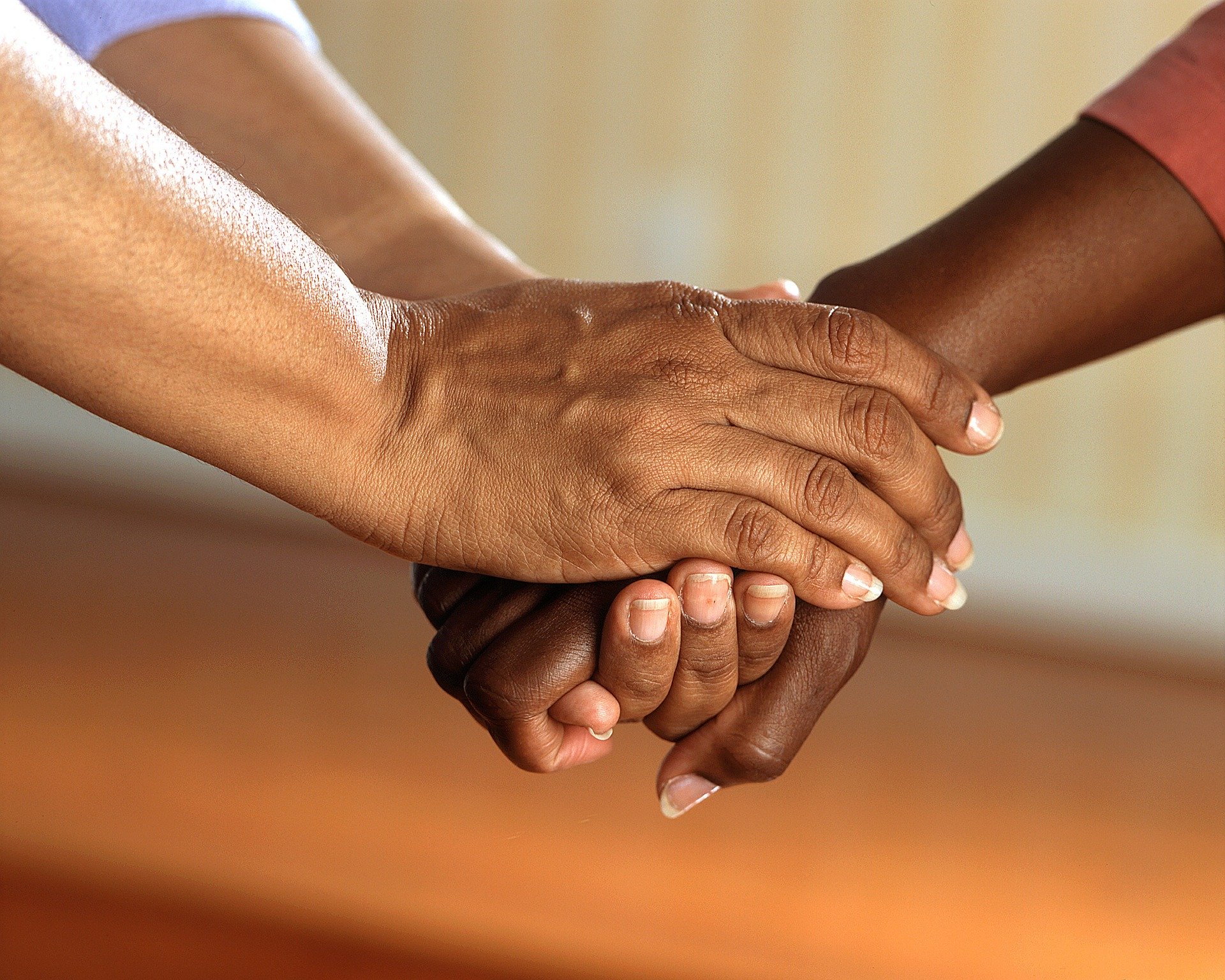It’s difficult to know what to say and do when someone you love has depression. This can be even more confusing for you if outwardly they seem to be functioning quite well and yet being so close to them you know that something isn’t quite right. Symptoms can vary and so it’s not easy to follow a specific set of guidelines.
But as a supportive friend, partner or relative here’s how you could really help in their recovery.
1. Learn about depression on your own
Read up a little on the basic causes, symptoms and treatments for depression. You don’t need to know everything there is about it but getting informed will take away any stress from your friend to explain exactly how they are feeling over and over again.
2. Listen
Understanding depression is not easy, especially if you’ve never experienced anything like that yourself. However, we don’t necessarily need to know the facts before we look at the person. In an ever-increasingly, stressful world it’s so important to make sure we look out for each other, just like the caveman did when they lived in their tribe.
3. Keep checking in
Let them know you’re there for a chat when they need. Sending a quick text to say ‘thinking of you’ can really help if they’re not ready to talk yet. Depression can feel isolating, they’ve gone back into their cave, so be patient and gently encouraging. You may feel you need to put a little more effort into that relationship for a while till they get back to their real self. Remember how much you love and care for them.
4. Offer to help in small ways
Having someone who can do a quick shop or just pop round to wash the dishes will make a huge difference to someone with depression who will find these tasks daunting. This will help them feel better in their own environment and encourage them to start doing these things for themselves. Try and be specific, rather than saying “what can I do?” try “why don’t I wash up while you make us a cup of tea?” You’ll be helping them to take some action.
5. Help them find support
Remember you’re a friend and not a qualified professional, but you can help them research therapists and other support networks. You could also offer to go along with them to appointments if they would like that. All therapists would happily welcome a chaperone, I’ve often had a mum or friend accompany someone along to their appointment and as long as it’s what the client wants I have absolutely no issue with it at all. It can even create a more relaxed atmosphere sometimes.
6. Look after yourself
It’s important in all of this to make sure you set your own boundaries and understand your limitations. The last thing your friend needs is for you to become ill. It’s not selfish to look after yourself, for when you look after yourself you then have so much more to give to others.
Understanding depression is not easy, especially if you’ve never experienced anything like that yourself. However, we don’t necessarily need to know the facts before we look at the person. In an ever-increasingly, stressful world it’s so important to make sure we look out for each other, just like the caveman did when they lived in their tribe.
After all, that’s just the kindness of humanity.
Gin Lalli
Gin Lalli is a Solution Focused Psychotherapist specialising in anxiety, depression, stress and sleep. She is based in Edinburgh, Scotland


